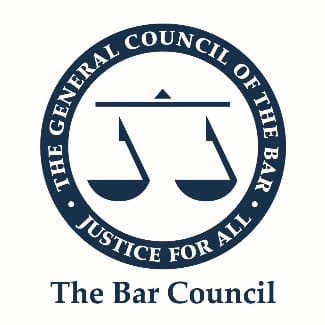KM v CV (Pension Apportionment: Needs) [2020] EWFC B22
Judgment date: 25 February 2020
https://www.bailii.org/ew/cases/EWFC/OJ/2020/B22.html
HHJ Robinson. Appeal in relation to a financial remedies decision concerning pensions, post-separation accrual, and need. The outcome of the hearing was the case was remitted; the final decision from 2022 is summarised here Financial Remedies Journal: KM v CV [2022] EWFC 174.
H appealed from decision of district judge to dismiss his applications for sale of the FMH and a pension sharing order. He had mental health difficulties and was in receipt of benefits. W had a police pension with a CETV of c.£131k, but there was no PODE report. She argued that 7 of the 15 years for which she had the pension were post-separation, the parties having separated in 2011.
Judge considers whether a pension is capable of being a non-matrimonial asset and the relationship to needs and other s 25 criteria by reference to Waggott v Waggott [2018] EWCA Civ 727; Hart v Hart [2017] EWCA Civ 1306; IX v IY [2018] EWHC 3053 (Fam) and C v C [2018] EWHC 3186 (Fam), noting that none of them deal with pension sharing in a lower income case or run counter to the PAG Report guidance. The DJ was wrong to value the pension as at separation in 2011 (see S v S and Rossi). While it may be relevant to apportionment that was not the correct starting point. This was a needs case. The judge had been led into error by an overemphasis on the non-matrimonial accrual of part of the pension and of contributions over needs. The correct approach must be to conduct a comparative analysis of the parties’ respective income and needs in retirement, taking into account all of the s 25 criteria, including health, needs, and contributions, and the extent to which the wife’s pension should be apportioned.







